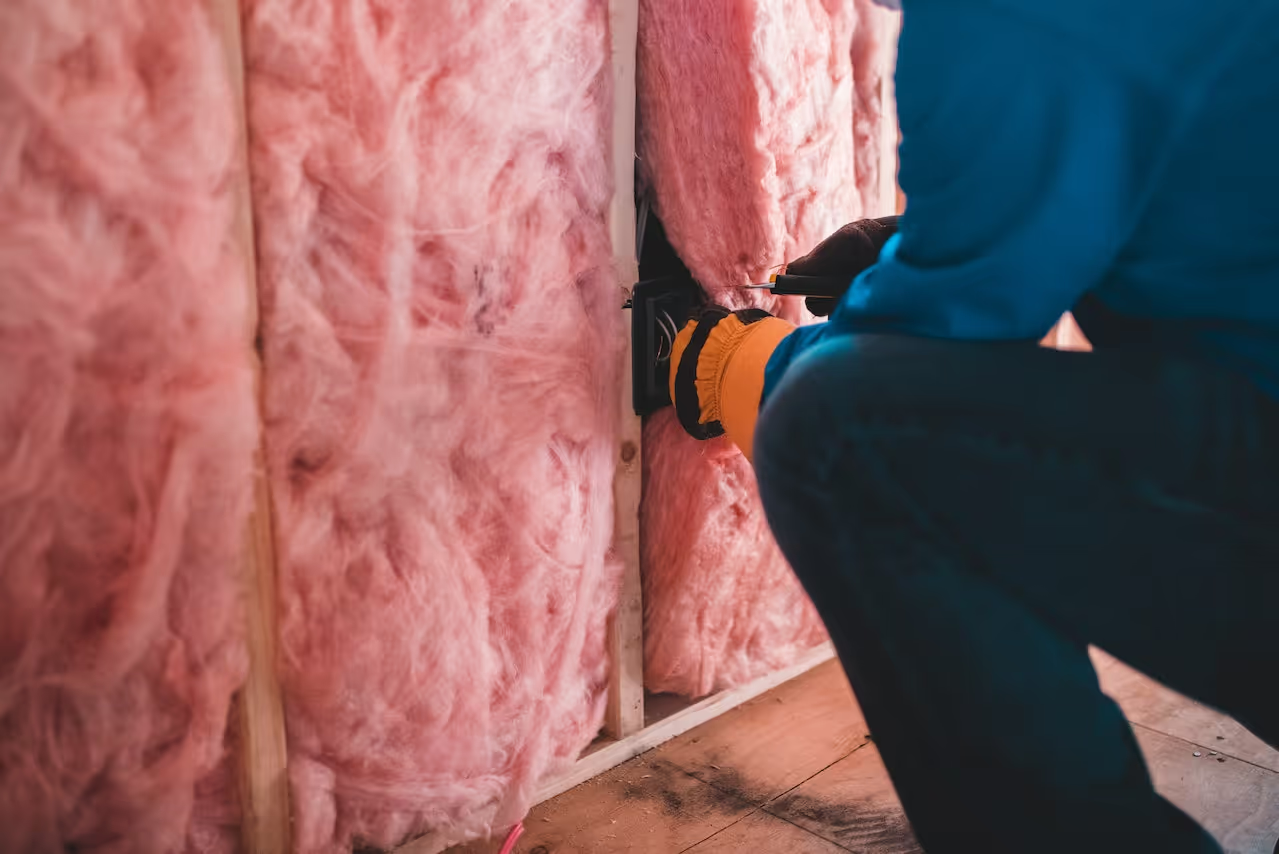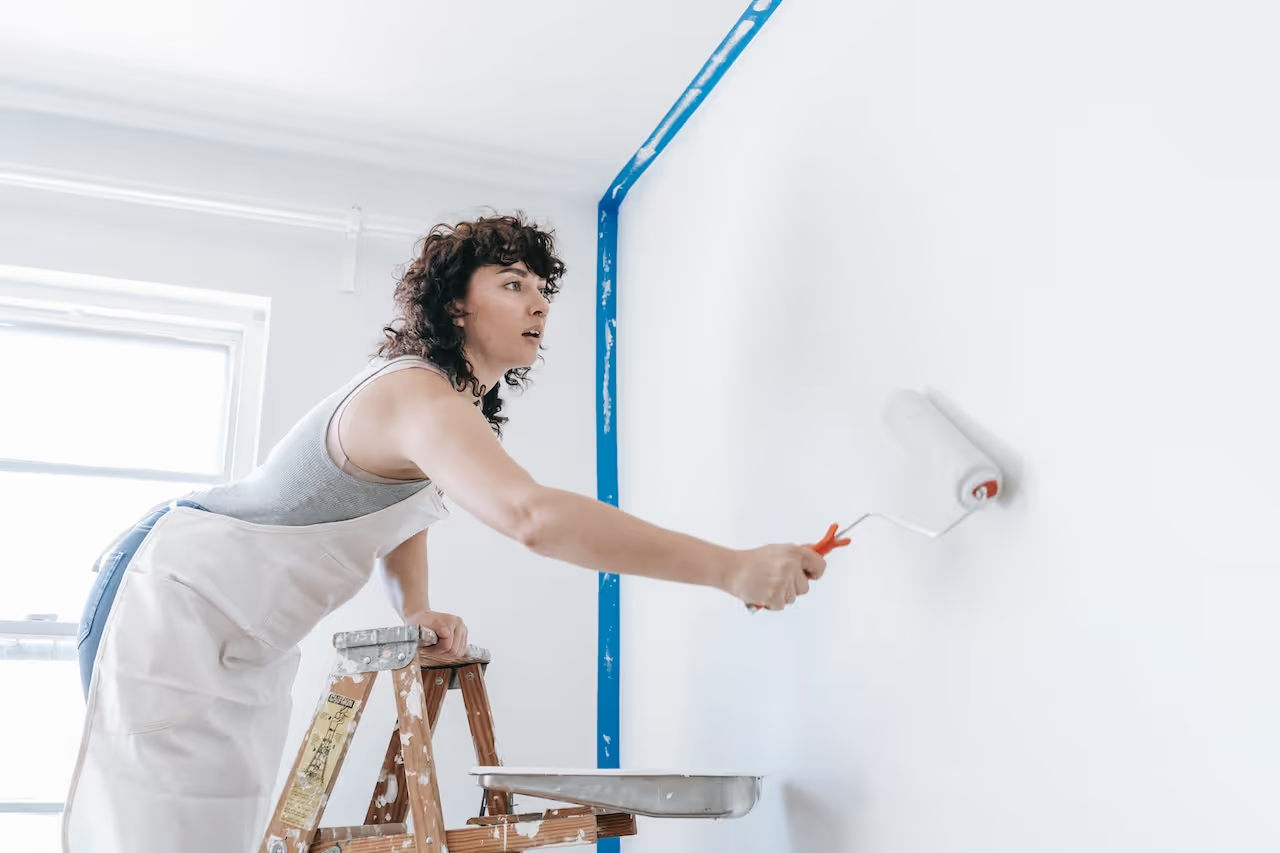roper insulation is a cornerstone of success when it comes to creating a comfortable and energy-efficient living environment. Insulation helps regulate indoor temperatures and plays a crucial role in preventing energy loss and protecting your home from the elements. If you've recently moved into a new home or are considering a renovation, understanding the importance of insulation maintenance is paramount.
In this blog post, we'll explore the vital role of insulation in weather-proofing your home, the types of insulation commonly used, and essential maintenance practices that can extend its effectiveness and contribute to a more sustainable and cost-effective living space.

The Importance of Insulation
Insulation serves as a barrier that helps maintain a consistent indoor temperature by slowing heat transfer between your home and the outdoors. In colder months, it prevents warm air from escaping; in warmer months, it keeps cool air from seeping out. Proper insulation significantly reduces your reliance on heating and cooling systems, leading to lower energy bills and a reduced carbon footprint.
Types of Insulation
There are several types of insulation materials commonly used in homes:
- Fiberglass: Made of tiny glass fibers, fiberglass insulation, is cost-effective and can be installed in various areas, including attics, walls, and basements.
- Cellulose: Made from recycled paper, cellulose insulation is eco-friendly and can effectively fill gaps and voids in walls and attics.
- Spray Foam: This expanding foam provides an airtight seal and is ideal for sealing small gaps and hard-to-reach spaces.
- Reflective Insulation: Reflective materials, such as foil, reflect heat away from home, making it suitable for hot climates.
Ask a reliable professional such as iFoam in Mt Juliet, Tennessee. A professional can help you decide which insulation suits your home and ensure proper installation.
Maintaining Insulation in Renovation
When renovating your home, it's essential to consider the state of your insulation:
#1. Inspection
Start by conducting a thorough inspection of your existing insulation. Look for signs of damage, moisture, or settling, which can reduce its effectiveness.
#2. Upgrading
If your insulation is outdated or insufficient, consider upgrading to higher R-value insulation, which provides better thermal resistance.
#3. Air Sealing
Proper air sealing prevents drafts and improves insulation efficiency. Seal gaps, cracks, and joints in your home's envelope to enhance insulation performance.
#4. Attic Insulation
The attic is a critical area for insulation. Ensure it's adequately insulated to prevent heat from escaping through the roof.
#5. Vapor Barrier
Installing a vapor barrier can prevent moisture from seeping into your insulation and causing damage.
#6. Professional Help
Consult a professional insulation contractor for more extensive renovations or clarification on insulation conditions. They can assess your home's needs and recommend the best insulation solutions.

Long-Term Benefits of Checking Your Insulation
Proper insulation maintenance during a renovation offers numerous benefits:
#1. Energy Efficiency
Effective insulation reduces energy consumption by minimizing heat transfer and lowering heating and cooling bills.
#2. Comfort
A well-insulated home maintains more consistent indoor temperatures, providing comfort year-round.
#3. Environmental Impact
Reduced energy usage contributes to lower greenhouse gas emissions, promoting a greener and more sustainable lifestyle.
#4. Property Value
Upgraded insulation enhances your home's energy efficiency and can increase its resale value.
Final Thoughts
Weather-proofing your home with insulation is essential for creating a comfortable and energy-efficient living environment. When undertaking renovations, consider the types of insulation available, proper maintenance practices that can enhance its effectiveness, and the long-term benefits you'll enjoy. Effective insulation management ensures that your home remains safe, sustainable, and cost-effective for years to come.
In addition, it’s essential to choose the right insulation contractor for your renovation project. Look for contractors who are certified and have experience in installing and maintaining insulation systems. A quality contractor can help you make the right decisions to ensure you enjoy the maximum benefits of a weather-proofed home.















